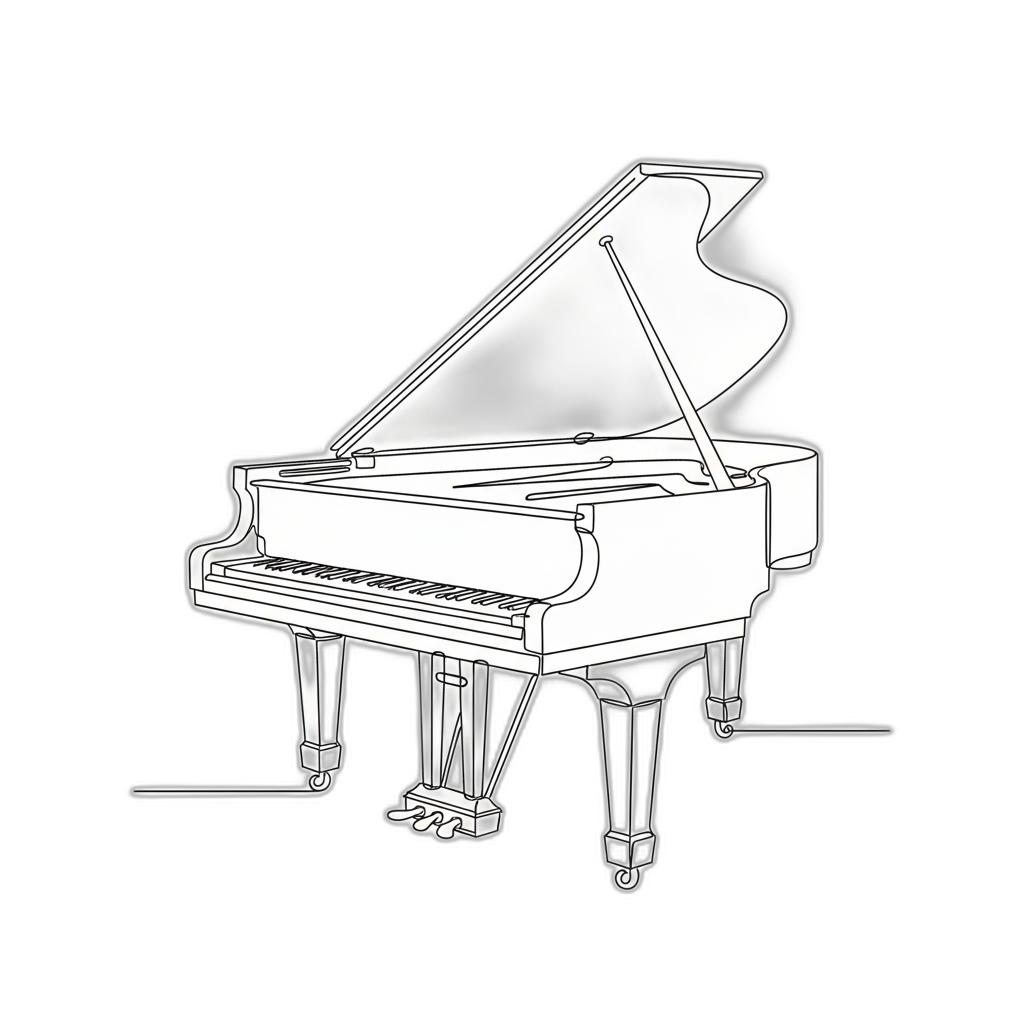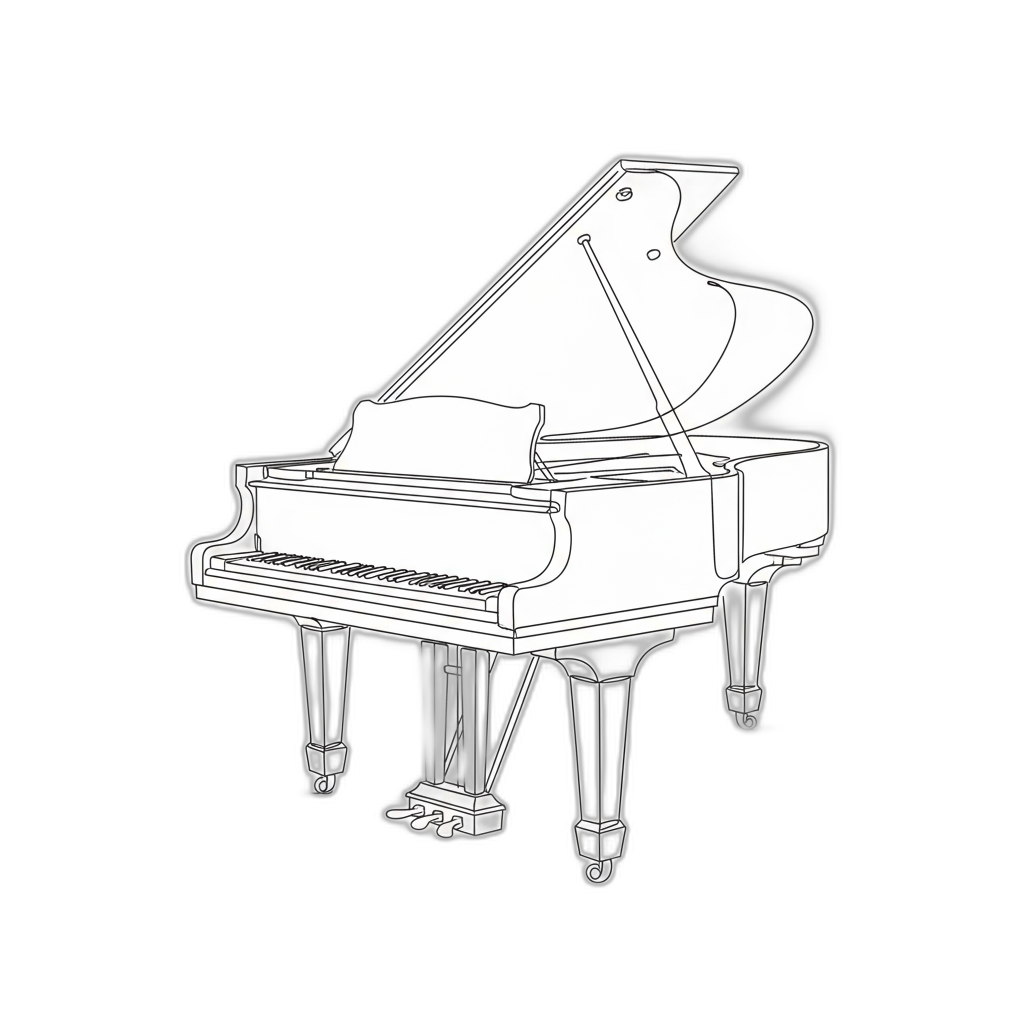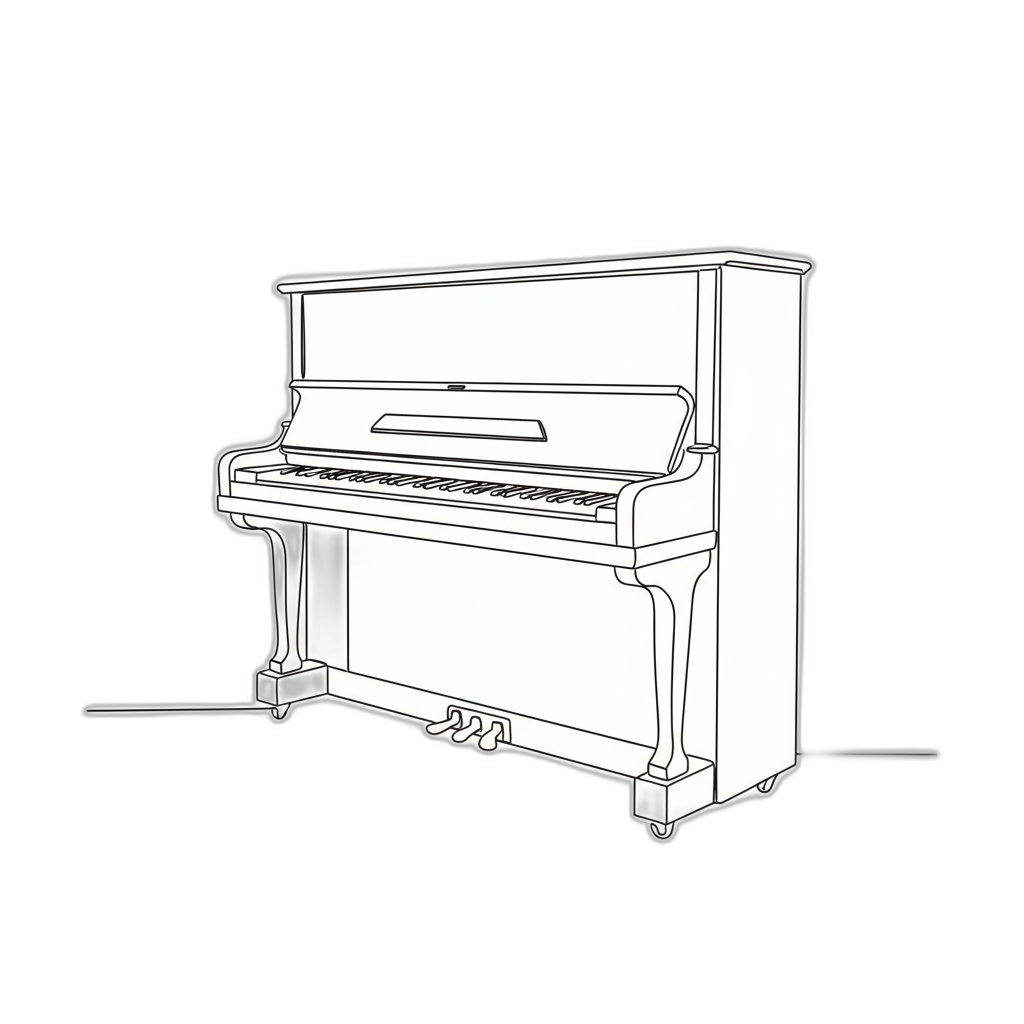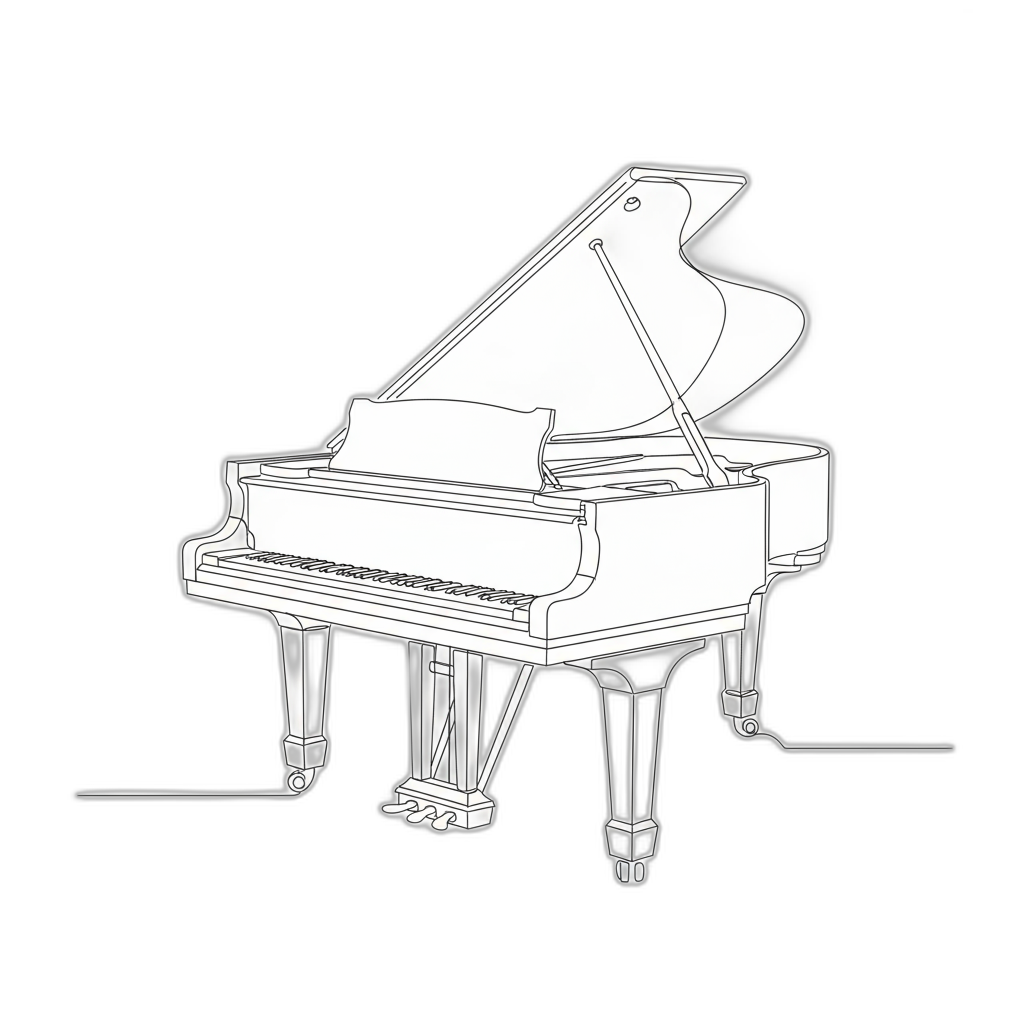Thank you! Your submission has been received!
Oops! Something went wrong while submitting the form.

Nationwide Service
Onsite or Online
USPAP-Compliant
IRS Qualified
DEFENSIBLE, USPAP-COMPLIANT APPRAISAL REPORTS — QUALIFIED FOR THE IRS, INSURANCE AGENGIES, LENDERS, AND MORE.






5-Star Valuation Services, Loved by Hundreds
{{sectionName}}

This is some text inside of a div block.
This is some text inside of a div block.
Starts at
This is some text inside of a div block.
This is some text inside of a div block.
This is some text inside of a div block.
Starts at
This is some text inside of a div block.
{{feeRangeHeader}}
This is some text inside of a div block.
Most Household Goods engagements fall within this range. Larger or unusually complex collections may require a custom quote.
{{pricingByHeader}}
{{pricingBySubheader}}
This is some text inside of a div block.
This is some text inside of a div block.
This is some text inside of a div block.
What Drives Cost?
Number of items to be appraised
Number of items to be appraised
Number of items to be appraised
{{sectionName}}

This is some text inside of a div block.
This is some text inside of a div block.
Starts at
This is some text inside of a div block.
This is some text inside of a div block.
This is some text inside of a div block.
Starts at
This is some text inside of a div block.
{{feeRangeHeader}}
This is some text inside of a div block.
Most Household Goods engagements fall within this range. Larger or unusually complex collections may require a custom quote.
{{pricingByHeader}}
{{pricingBySubheader}}
This is some text inside of a div block.
This is some text inside of a div block.
This is some text inside of a div block.
What Drives Cost?
Number of items to be appraised
Number of items to be appraised
Number of items to be appraised
{{sectionName}}

This is some text inside of a div block.
This is some text inside of a div block.
Starts at
This is some text inside of a div block.
This is some text inside of a div block.
This is some text inside of a div block.
Starts at
This is some text inside of a div block.
{{feeRangeHeader}}
This is some text inside of a div block.
Most Household Goods engagements fall within this range. Larger or unusually complex collections may require a custom quote.
{{pricingByHeader}}
{{pricingBySubheader}}
This is some text inside of a div block.
This is some text inside of a div block.
This is some text inside of a div block.
What Drives Cost?
Number of items to be appraised
Number of items to be appraised
Number of items to be appraised
{{sectionName}}

This is some text inside of a div block.
This is some text inside of a div block.
Starts at
This is some text inside of a div block.
This is some text inside of a div block.
This is some text inside of a div block.
Starts at
This is some text inside of a div block.
{{feeRangeHeader}}
This is some text inside of a div block.
Most Household Goods engagements fall within this range. Larger or unusually complex collections may require a custom quote.
{{pricingByHeader}}
{{pricingBySubheader}}
This is some text inside of a div block.
This is some text inside of a div block.
This is some text inside of a div block.
What Drives Cost?
Number of items to be appraised
Number of items to be appraised
Number of items to be appraised
{{pricingSubheader}}
This is some text inside of a div block.
This is some text inside of a div block.
Starts at
This is some text inside of a div block.
This is some text inside of a div block.
This is some text inside of a div block.
Starts at
This is some text inside of a div block.
{{feeRangeHeader}}
This is some text inside of a div block.
Most Household Goods engagements fall within this range. Larger or unusually complex collections may require a custom quote.
{{pricingByHeader}}
{{pricingBySubheader}}
This is some text inside of a div block.
This is some text inside of a div block.
This is some text inside of a div block.
What Drives Cost?
Number of items to be appraised
Number of items to be appraised
Number of items to be appraised
How our Valuation Process Works
1
Appraisal Request
Submit estimate or list of items for our review
2
Quote Issued
We'll share a flat fee quote for your approval
3
Kickoff & Intake
Submit details on all of your items for our review
4
Research & Analysis
We'll conduct detailed research and prepare a written USPAP-compliant report
5
Report Delivery
Delivery of your report and supporting documents (e.g., signed IRS Form 8283) by email
Your Appraiser Search Ends Here
AppraiseItNow offers defensible personal property appraisals for any legal or tax need.


Easy & Fast Online Appraisal Process
Our custom technology makes our process seamless and easy - from getting a quote quickly to submitting your asset details.
Our unique model allows us to meet super tight deadlines for tax filings, court dates, internal company project timelines.
Our unique model allows us to meet super tight deadlines for tax filings, court dates, internal company project timelines.

Industry-Leading Appraisal Speed
AppraiseItNow responds to requests super fast and uses the best automation and tech to deliver projects quickly.
Our unique business model means that we always have a credentialed appraiser available to work on your project, and we can meet obscure and short deadlines for tax filings, court submissions, internal projects, and more. Even if that means preparing your appraisal within 24 hours!
Our unique business model means that we always have a credentialed appraiser available to work on your project, and we can meet obscure and short deadlines for tax filings, court submissions, internal projects, and more. Even if that means preparing your appraisal within 24 hours!

Any Asset Covered
AppraiseItNow works with independent appraisers who specialize in a wide range of asset types.
This means that we can appraise any type of item including furniture, artwork, jewelry, business inventory, machinery & equipment, cars, boats, and more!
This means that we can appraise any type of item including furniture, artwork, jewelry, business inventory, machinery & equipment, cars, boats, and more!

Servicing Enterprises & Individuals
AppraiseItNow is a professional, USPAP-compliant valuation provider that supports institutions and individuals alike. We can move quickly to meet tight deadlines, while also sustaining top-tier professionalism through our intake and delivery processes.
Our company services anyone from an individual with a single couch to an enterprise needing contents of multiple offices or warehouses appraised.
Our company services anyone from an individual with a single couch to an enterprise needing contents of multiple offices or warehouses appraised.

Defensible for Any Purpose
AppraiseItNow prepares defensible, USPAP-compliant online appraisals for any major legal, tax, or financial purpose. Clients typically contact us for charitable contributions, estate tax filings and settlements, insurance purposes, M&A due diligence, and financial reporting purposes.
No items found.
A piano appraisal represents a comprehensive professional assessment that meticulously evaluates an instrument's intrinsic and market value. This specialized evaluation goes beyond a simple price check, delving into the nuanced characteristics that define a piano's worth. Trained experts conduct a detailed examination that considers multiple critical factors, transforming a seemingly straightforward valuation into an intricate analysis of the instrument's complete profile.
The evaluation process scrutinizes key elements including the piano's brand heritage, current condition, manufacturing quality, tonal characteristics, and overall market positioning. Experienced appraisers examine everything from the instrument's structural integrity and craftsmanship to its aesthetic preservation and sound quality. They assess not just the visible aspects, but also the internal mechanics that determine the piano's performance and long-term value.
Precise measurements and expert observations help determine the piano's true market value, considering factors like historical significance, rarity, and current demand. The appraiser's expertise allows them to contextualize the instrument within the broader landscape of musical instrument valuation, providing a nuanced and accurate assessment that goes far beyond a simple price tag.
Different scenarios—such as insurance documentation, potential sale, estate planning, or personal curiosity—can prompt a professional piano appraisal. Each evaluation provides a detailed snapshot of the instrument's worth, offering valuable insights for owners, potential buyers, and other stakeholders interested in understanding the piano's true value and condition.
The evaluation process scrutinizes key elements including the piano's brand heritage, current condition, manufacturing quality, tonal characteristics, and overall market positioning. Experienced appraisers examine everything from the instrument's structural integrity and craftsmanship to its aesthetic preservation and sound quality. They assess not just the visible aspects, but also the internal mechanics that determine the piano's performance and long-term value.
Precise measurements and expert observations help determine the piano's true market value, considering factors like historical significance, rarity, and current demand. The appraiser's expertise allows them to contextualize the instrument within the broader landscape of musical instrument valuation, providing a nuanced and accurate assessment that goes far beyond a simple price tag.
Different scenarios—such as insurance documentation, potential sale, estate planning, or personal curiosity—can prompt a professional piano appraisal. Each evaluation provides a detailed snapshot of the instrument's worth, offering valuable insights for owners, potential buyers, and other stakeholders interested in understanding the piano's true value and condition.
Piano appraisers represent specialized professionals who provide comprehensive valuation services across different domains of expertise. Each type of appraiser brings unique skills and perspectives to the assessment process, ensuring owners receive accurate and nuanced evaluations of their instruments.
General music appraisers offer broad evaluations across multiple instrument categories, providing foundational insights into a piano's overall market positioning. Their generalist approach allows for flexible assessments that consider multiple contextual factors.
Certified piano technicians bring deep mechanical understanding to their appraisals. Their training enables them to evaluate both aesthetic qualities and technical conditions, identifying potential repair needs or mechanical issues that could significantly impact an instrument's value. Their technical expertise makes them particularly valuable for assessing performance-ready instruments.
Antique piano appraisers specialize in historical and vintage instruments, typically focusing on pianos over a century old. Their knowledge encompasses intricate details of historical craftsmanship, cultural significance, and collectible characteristics. These professionals can trace an instrument's provenance and determine its unique historical value beyond standard market pricing.
Brand-specific appraisers develop extraordinary expertise in particular manufacturers like Steinway or Yamaha. Their concentrated knowledge allows for extremely precise assessments, understanding nuanced variations within specific product lines and recognizing subtle quality indicators that generalist appraisers might overlook.
Insurance appraisers focus specifically on establishing replacement values and determining appropriate coverage. Their assessments provide comprehensive documentation crucial for protecting valuable instruments through precise financial valuation and risk assessment.
Ultimately, selecting the most appropriate appraiser depends on an individual instrument's specific characteristics, intended purpose, and the owner's particular objectives.
General music appraisers offer broad evaluations across multiple instrument categories, providing foundational insights into a piano's overall market positioning. Their generalist approach allows for flexible assessments that consider multiple contextual factors.
Certified piano technicians bring deep mechanical understanding to their appraisals. Their training enables them to evaluate both aesthetic qualities and technical conditions, identifying potential repair needs or mechanical issues that could significantly impact an instrument's value. Their technical expertise makes them particularly valuable for assessing performance-ready instruments.
Antique piano appraisers specialize in historical and vintage instruments, typically focusing on pianos over a century old. Their knowledge encompasses intricate details of historical craftsmanship, cultural significance, and collectible characteristics. These professionals can trace an instrument's provenance and determine its unique historical value beyond standard market pricing.
Brand-specific appraisers develop extraordinary expertise in particular manufacturers like Steinway or Yamaha. Their concentrated knowledge allows for extremely precise assessments, understanding nuanced variations within specific product lines and recognizing subtle quality indicators that generalist appraisers might overlook.
Insurance appraisers focus specifically on establishing replacement values and determining appropriate coverage. Their assessments provide comprehensive documentation crucial for protecting valuable instruments through precise financial valuation and risk assessment.
Ultimately, selecting the most appropriate appraiser depends on an individual instrument's specific characteristics, intended purpose, and the owner's particular objectives.
A piano is more than a musical instrument—it's a complex asset with nuanced value that extends far beyond its melodic potential. Understanding the precise worth of your piano requires professional expertise that goes deeper than casual estimation. Professional appraisals offer critical insights that protect owners financially, legally, and emotionally.
An accurate appraisal serves multiple strategic purposes. For insurance protection, it provides documented evidence of an instrument's exact value, ensuring proper compensation in cases of damage, loss, or theft. This documentation becomes crucial when filing claims, offering clear, professional validation of the piano's worth.
In estate planning and potential charitable donations, an appraisal becomes an essential financial tool. When transferring assets or considering tax deductions, a professional assessment helps determine fair market value, preventing potential disputes and maximizing potential tax benefits. This becomes particularly important for pianos valued over $5,000, where precise documentation can significantly impact financial outcomes.
For those considering buying or selling, an appraisal serves as an objective benchmark. Sellers gain confidence in pricing, while buyers receive assurance about an instrument's true market value. This transparency reduces negotiation friction and helps both parties make informed decisions.
Restoration considerations also benefit from professional appraisals. Understanding an instrument's current value helps owners make strategic choices about potential modifications, ensuring that investment in repairs or upgrades aligns with the piano's overall worth.
Beyond financial considerations, an appraisal can uncover fascinating historical details, documenting an instrument's unique characteristics, provenance, and cultural significance. For collectors and music enthusiasts, this narrative adds profound layers of appreciation and understanding.
Ultimately, a professional piano appraisal represents a strategic investment in knowledge, protection, and informed decision-making.
An accurate appraisal serves multiple strategic purposes. For insurance protection, it provides documented evidence of an instrument's exact value, ensuring proper compensation in cases of damage, loss, or theft. This documentation becomes crucial when filing claims, offering clear, professional validation of the piano's worth.
In estate planning and potential charitable donations, an appraisal becomes an essential financial tool. When transferring assets or considering tax deductions, a professional assessment helps determine fair market value, preventing potential disputes and maximizing potential tax benefits. This becomes particularly important for pianos valued over $5,000, where precise documentation can significantly impact financial outcomes.
For those considering buying or selling, an appraisal serves as an objective benchmark. Sellers gain confidence in pricing, while buyers receive assurance about an instrument's true market value. This transparency reduces negotiation friction and helps both parties make informed decisions.
Restoration considerations also benefit from professional appraisals. Understanding an instrument's current value helps owners make strategic choices about potential modifications, ensuring that investment in repairs or upgrades aligns with the piano's overall worth.
Beyond financial considerations, an appraisal can uncover fascinating historical details, documenting an instrument's unique characteristics, provenance, and cultural significance. For collectors and music enthusiasts, this narrative adds profound layers of appreciation and understanding.
Ultimately, a professional piano appraisal represents a strategic investment in knowledge, protection, and informed decision-making.
Online piano appraisals have emerged as a convenient and efficient method for determining an instrument's value. This modern approach leverages digital technology to provide comprehensive assessments without the need for in-person visits. Clients can initiate the appraisal process by sharing detailed photographs and specific information about their piano through email or digital platforms.
The evaluation typically requires high-quality images that capture critical details, including the instrument's brand name, model number, serial number, and any notable features or conditions. Professional appraisers carefully analyze these visual and textual inputs to assess the piano's overall condition, age, and market value with remarkable accuracy.
When additional insights are necessary, live video consultations offer an interactive alternative. Using platforms like Zoom or Skype, appraisers can conduct real-time visual inspections, engage in detailed discussions about the instrument's history, and explore unique characteristics that might impact its valuation.
This digital approach presents multiple benefits for piano owners:
- Unparalleled convenience of at-home assessment
- Accessibility for individuals in remote locations
- Significantly reduced processing time
- Potential cost savings compared to traditional appraisal methods
The online piano appraisal process represents a sophisticated solution for individuals seeking professional, thorough, and efficient instrument valuation. Whether motivated by sale, insurance, or personal curiosity, this method provides a comprehensive understanding of a piano's worth through modern technological capabilities.
The evaluation typically requires high-quality images that capture critical details, including the instrument's brand name, model number, serial number, and any notable features or conditions. Professional appraisers carefully analyze these visual and textual inputs to assess the piano's overall condition, age, and market value with remarkable accuracy.
When additional insights are necessary, live video consultations offer an interactive alternative. Using platforms like Zoom or Skype, appraisers can conduct real-time visual inspections, engage in detailed discussions about the instrument's history, and explore unique characteristics that might impact its valuation.
This digital approach presents multiple benefits for piano owners:
- Unparalleled convenience of at-home assessment
- Accessibility for individuals in remote locations
- Significantly reduced processing time
- Potential cost savings compared to traditional appraisal methods
The online piano appraisal process represents a sophisticated solution for individuals seeking professional, thorough, and efficient instrument valuation. Whether motivated by sale, insurance, or personal curiosity, this method provides a comprehensive understanding of a piano's worth through modern technological capabilities.
APPRAISEITNOW APPRAISERS ARE BEST-IN-CLASS & CREDENTIALED BY LEADING APPRAISAL ORGANIZATIONS LIKE THE ISA, ASA, & MORE.








